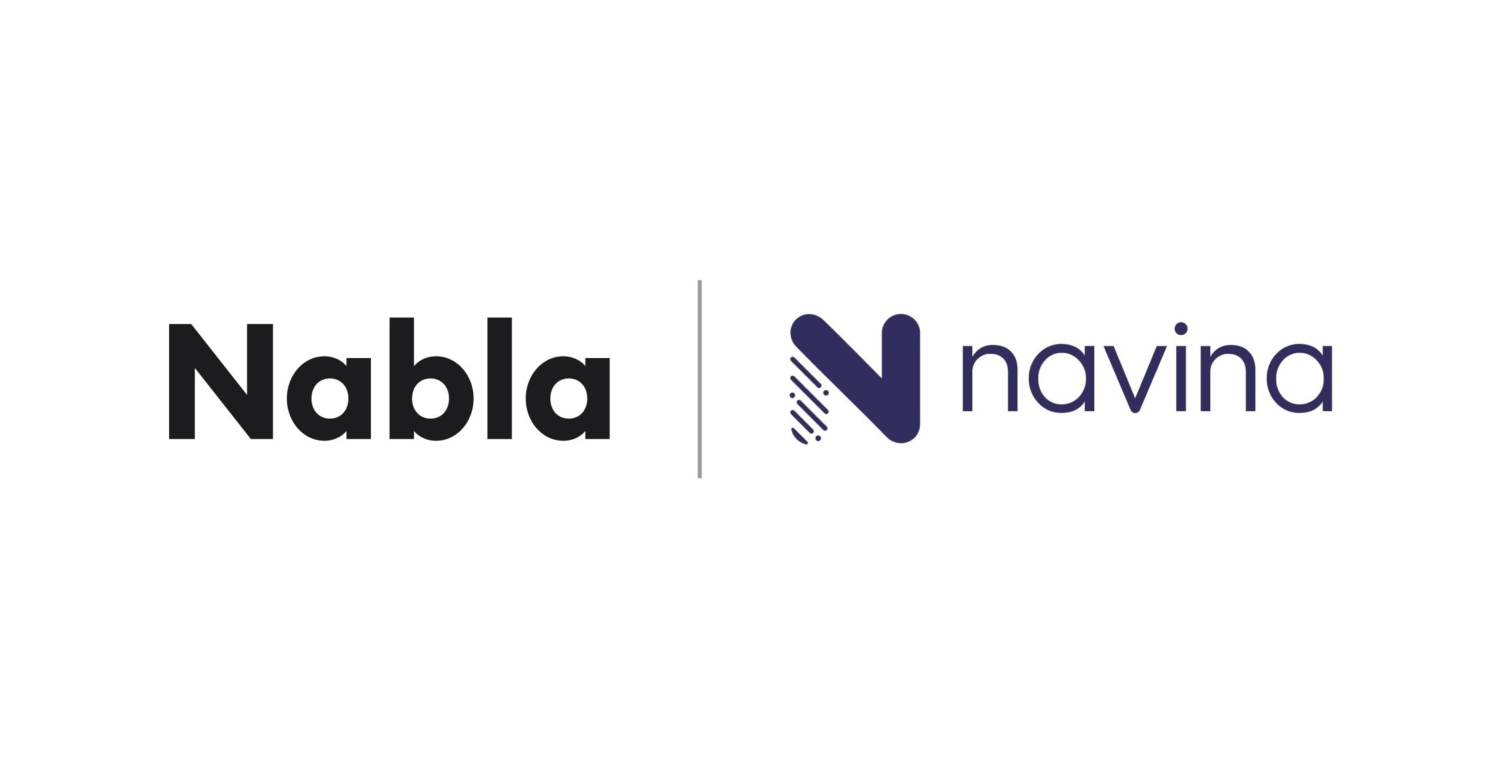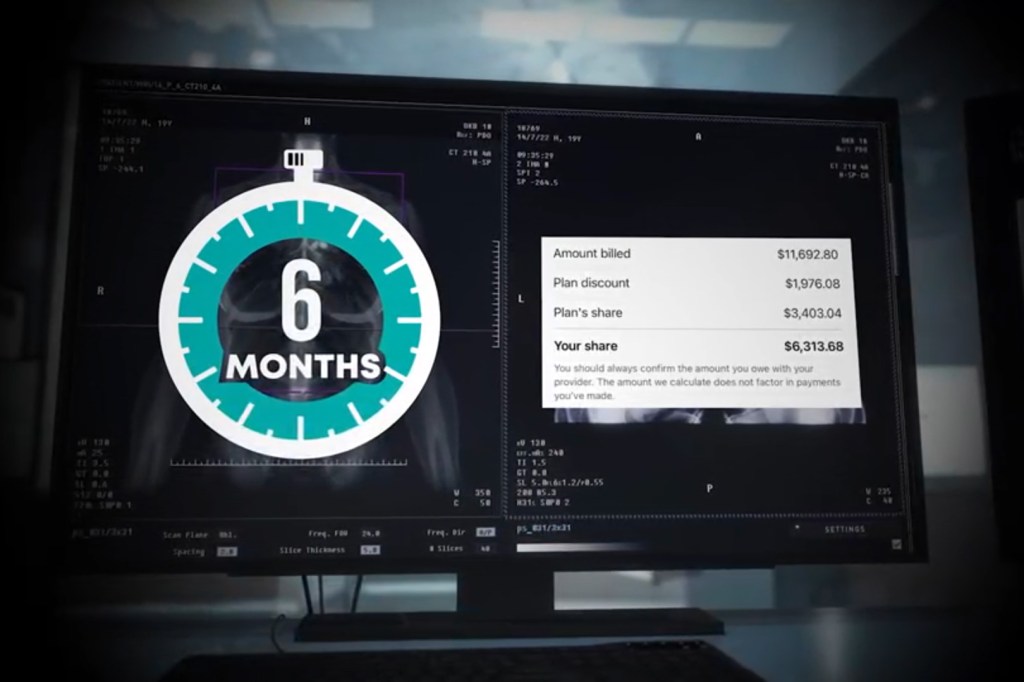HIT Consultant – Read More

What You Should Know:
– Philips today announced strategic partnerships with four leading critical care companies – Dräger, Hamilton Medical, Getinge, and infusion pump company B.Braun Melsungen AG – to drive operational improvements and enhance the hospital experience for both patients and clinicians.
– The strategic collaborations are centered around Service-Oriented Device Connectivity (SDC) standards, which will enable unprecedented interoperability across diverse medical devices and platforms.
Smart Healing Environment
Philips’ open patient monitoring ecosystem is designed to foster partnerships with outside device manufacturers, paving the way for improved connectivity throughout the hospital. This is a significant step towards realizing Philips’ vision of a “smart healing environment,” where facilities can consolidate alarms and integrate them into alarm management workflows that meet clinicians wherever they are. This integrated system of third-party devices will provide a holistic view of patient information in one place, enabling remote patient monitoring and quicker care decision-making.
Enhanced Alarm Management for Improved Patient Care
Alarms play a vital role in hospitals, signaling patient needs. However, clinicians are exposed to an overwhelming volume of up to 350 alarms per patient daily , with an estimated 85%–99% of these being false or non-actionable. This phenomenon, known as alarm fatigue, can reduce responsiveness and create a stressful environment for patients, hindering healing. There is a critical need to address this issue by ensuring medical devices work together to enable effective alarm management solutions.
Together with its partners, Philips is working to offer more efficient workflows for clinicians and more tranquil hospital experiences for patients through enhanced alarm management. This will be achieved through several key actions:
- Consolidating alarm notifications: Clinicians will be able to receive and act upon alarm notifications from multiple devices, allowing them to review and manage alarms from anywhere in the hospital, thus streamlining clinical workflows.
- Creating capacity to treat more patients: Alarm management helps free up clinical capacity by enabling clinicians to monitor and address patient alarms while treating other patients remotely, addressing ongoing staffing shortages in hospitals.
- Improving response times: SDC will facilitate timely interventions by allowing clinicians to escalate alarms as needed directly from their mobile devices, ensuring prompt care delivery.
- Reducing noise in patient rooms: Enhanced connectivity will enable devices to share data bi-directionally, allowing clinicians to view and manage alarms remotely, which can help reduce ambient noise in patient rooms and create a more conducive environment for healing.





